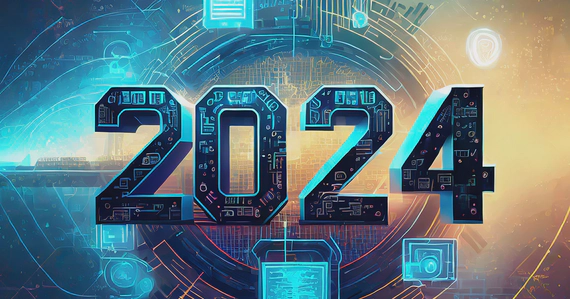
The Future Is Now - 8 Breakthrough Technologies Of 2024
Every year, there are new technologies that make a difference in the world. 2024 is turning out to be amazing …
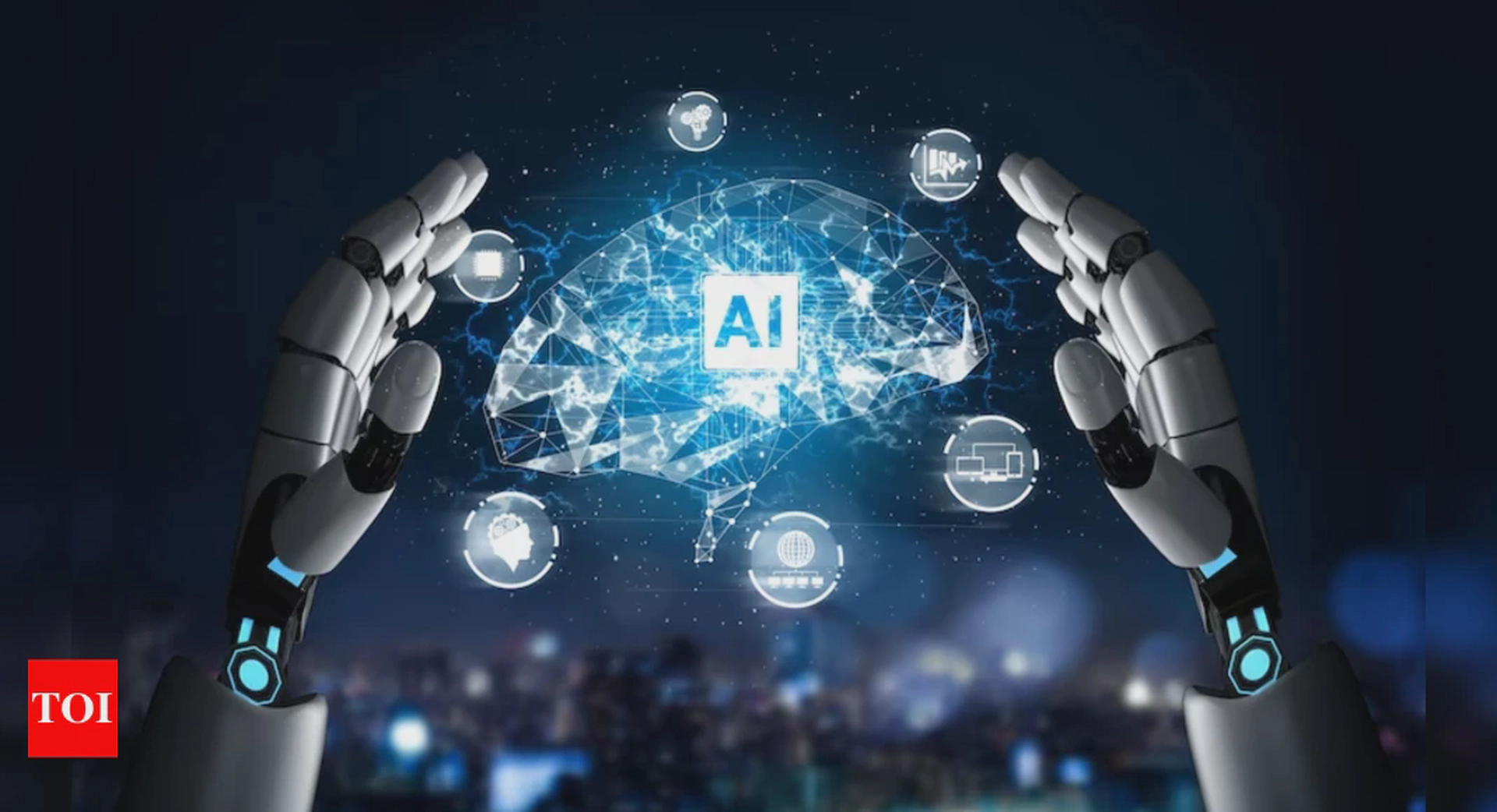
While it's hard to predict exactly what the world will look like in 10 years, one thing is AI will play a major role. In this article, we'll explore some of the most exciting possibilities for AI over the next decade, from autonomous vehicles to virtual assistants.
There will come a point where no job is needed.
The AI will be able to do everything. It can do all kinds of things, and when something can do all kinds of things, I get a little bit worried.
That are indistinguishable from humans. The future is full of potential. So let’s get started and see what is in store for us.
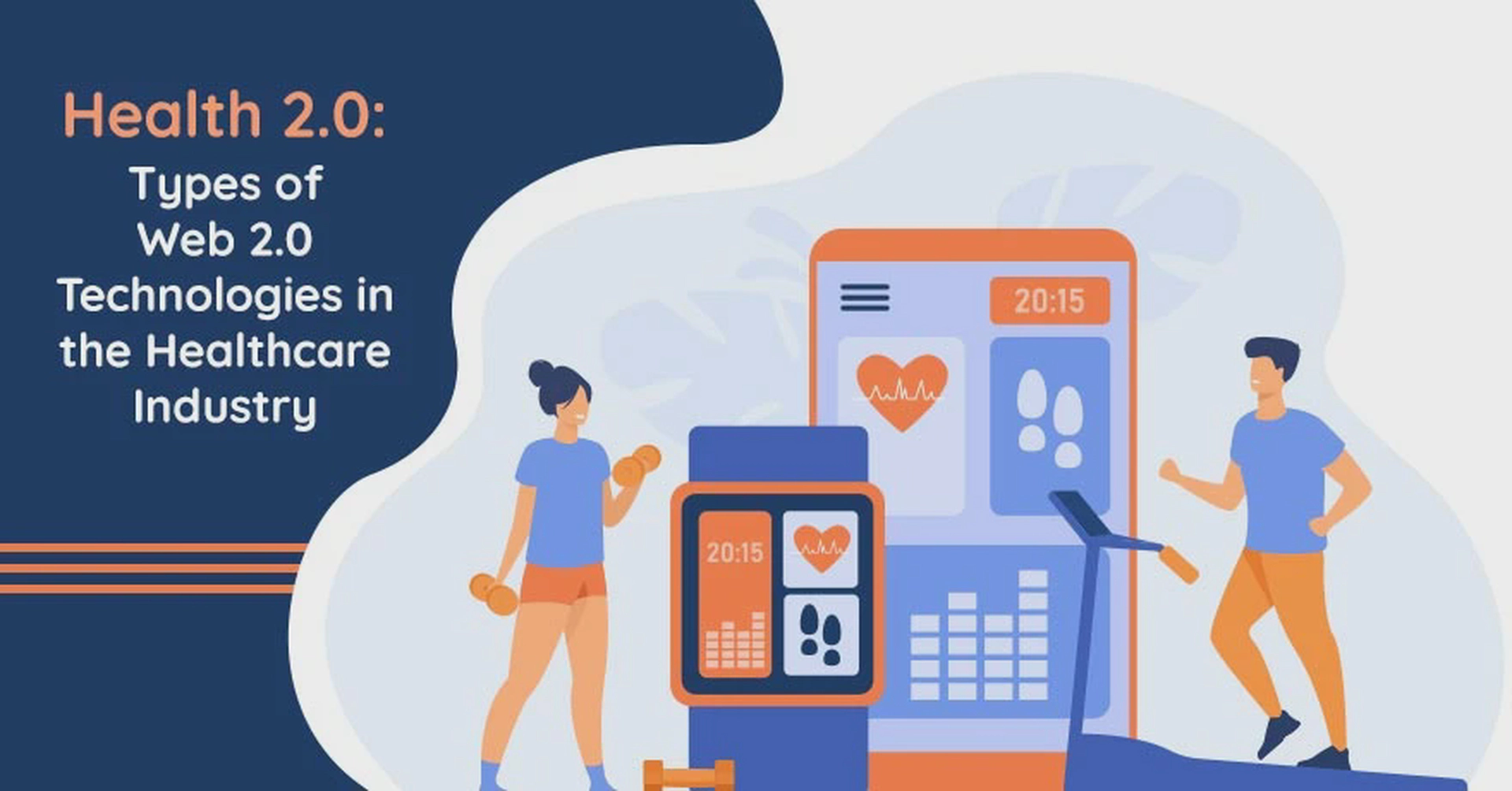
Responsible use of AI means keeping humans in the loop, so we’re using AI as an assistant. Having this available to your doctor is very, very helpful. So that is a great use of AI.
In the next decade, the integration of artificial intelligence, AI into medical research, and healthcare will transform how we understand and treat diseases. Currently, we’re witnessing the initial stages of this revolution, but the future holds even greater promise.
AI algorithms will analyze vast amounts of medical data, ranging from patient records to genetic information, identifying patterns and insights that humans might overlook.
This data driven approach will lead to earlier disease detection and more personalized treatment plans. Additionally, AI powered diagnostic tools will enhance accuracy and efficiency in identifying illnesses. These tools can analyze medical images such as x rays and MRIs with remarkable precision, aiding radiologists in detecting subtle abnormalities that could indicate disease.
This level of accuracy could lead to earlier interventions, potentially saving lives and reducing healthcare costs associated with late stage treatments. And most importantly, AI will facilitate medical research by accelerating the drug discovery process.
Machine learning algorithms can analyze molecular structures and predict the efficacy of potential drugs, significantly reducing the time and resources required for preclinical testing. This accelerated pace of drug development could lead to breakthrough treatments for various conditions, addressing unmet medical needs and improving patient outcomes.
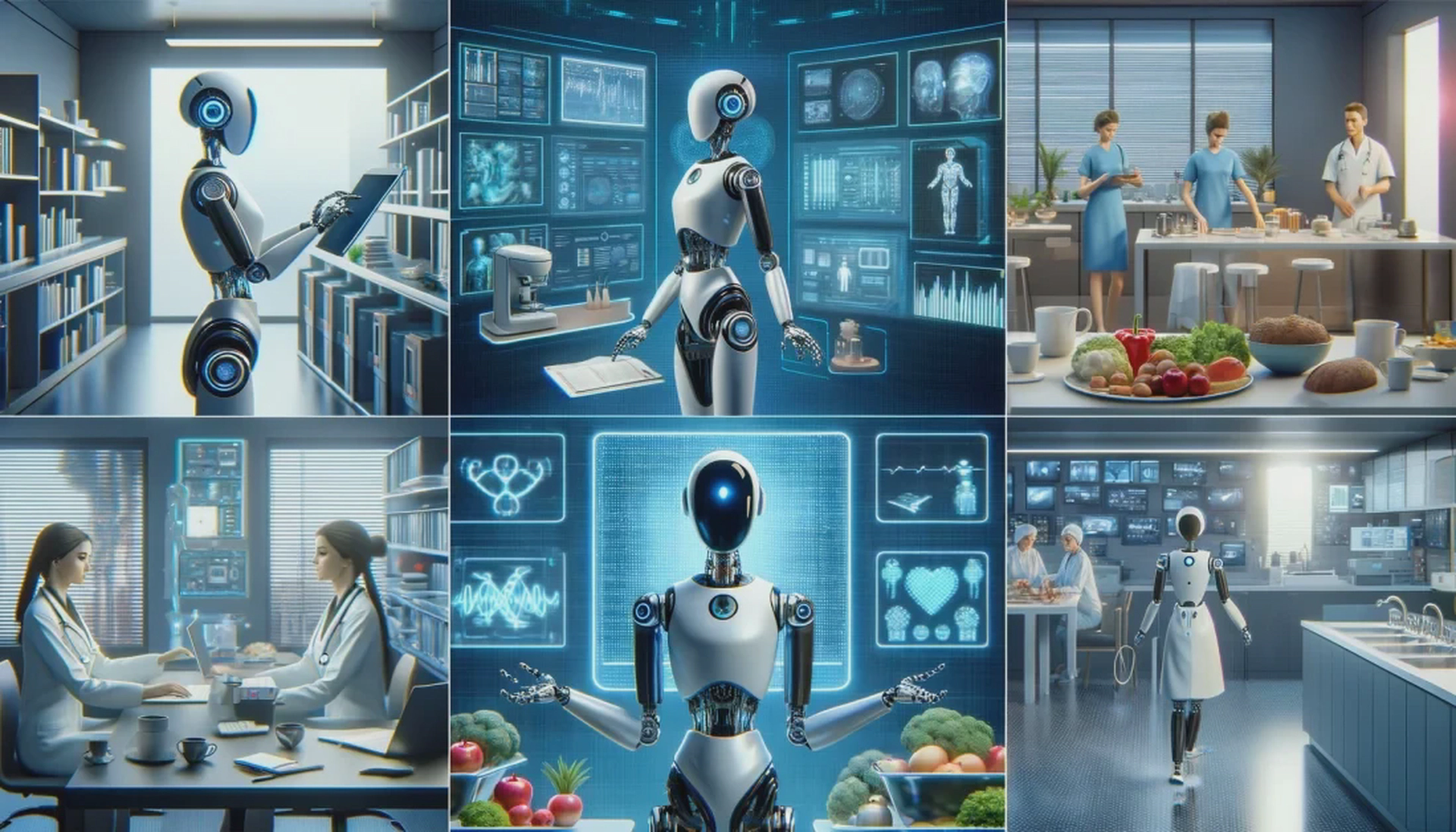
AI powered assistants, like the ones we’re already starting to see, are poised to become even more commonplace, both at work and in our homes.
Within the next decade, these assistants, equipped with advanced artificial intelligence, will be capable of handling a variety of tasks, from scheduling meetings and organizing emails to providing personalized recommendations and reminders. In the workplace, they’ll streamline workflows, helping with data analysis, project management, and even virtual collaboration.
At home, they’ll integrate seamlessly into our daily lives, managing household tasks, providing entertainment, and even assisting with health monitoring. Imagine having a digital helper that not only answers your questions, but also anticipates your needs and offers proactive assistance. With continued advancements in AI technology, these assistants will become increasingly sophisticated, learning from our interactions to better serve us in ways we can’t yet imagine.
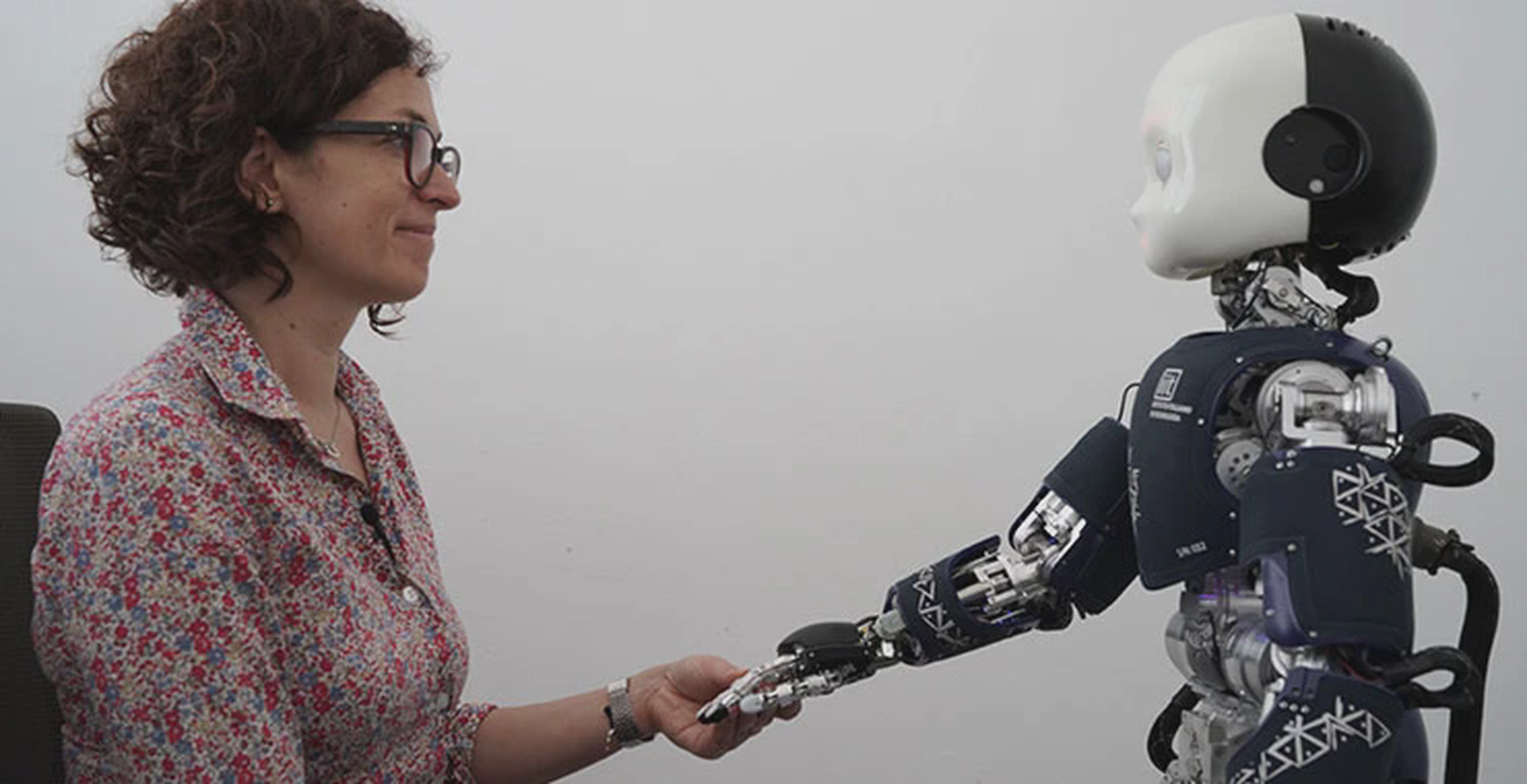
In the next ten years, we are going to see more human like robots around. These robots will be better at talking and understanding their surroundings, making them seem more like us.
Already we’re seeing hints of this with OpenAI’s new robot, which can almost chat like a human and know what’s going on around it. As technology gets smarter, these robots will become even more lifelike. These human like robots could help us in lots of ways.
They might assist with tasks at home, like cooking or cleaning. They could also work in places where it’s dangerous for humans, like deep underwater or in space. Plus, they might even become companions for people who need extra help or just some company.
But there are also things to think about as robots become more human like, well need to make sure they’re safe and that they don’t take over the jobs that humans need. Well also have to consider how we treat them and what rights they might have. So while its exciting to think about robots becoming more like us, theres still lots to figure out along the way.
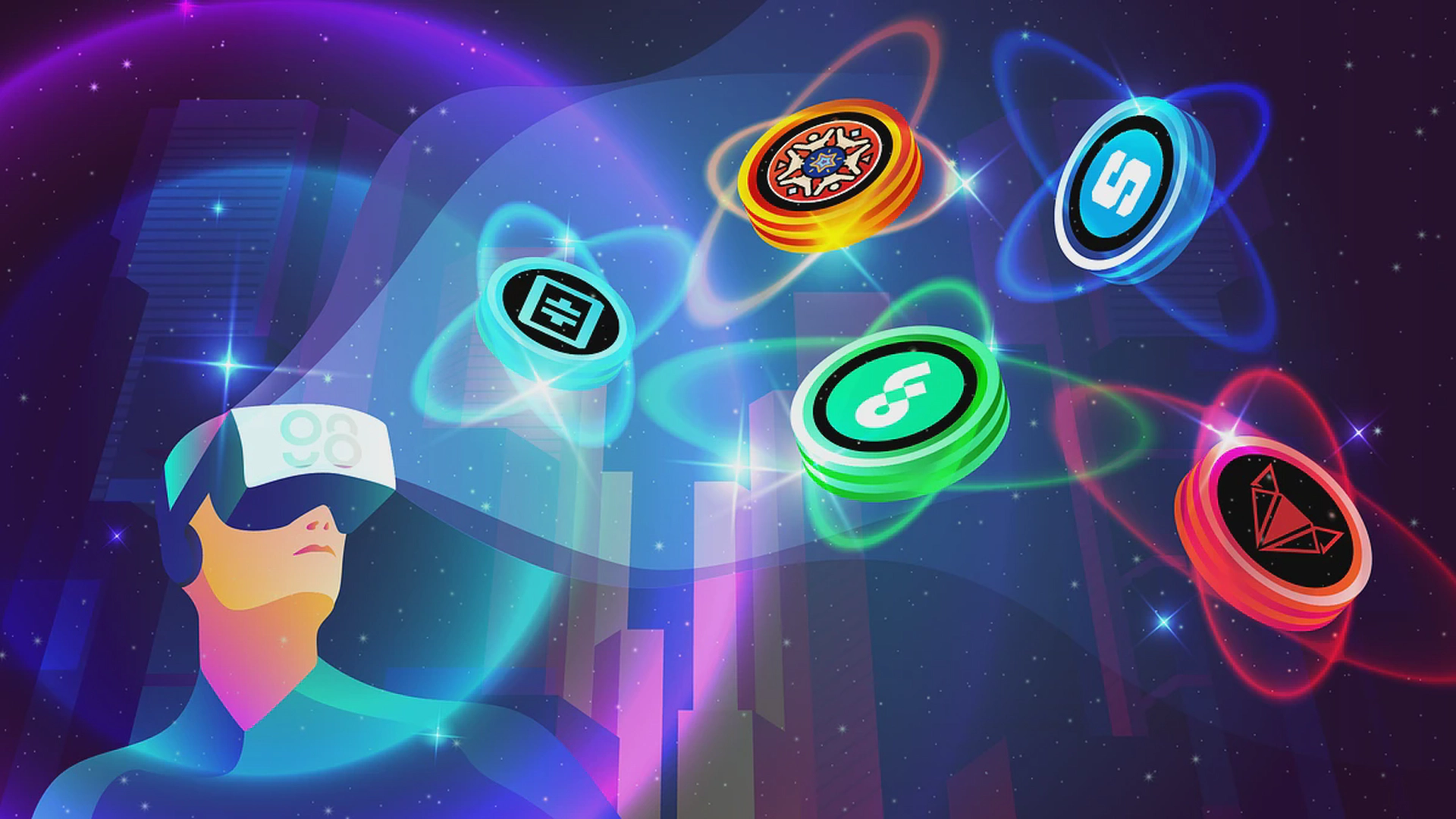
Gaming and virtual worlds will get better in the next ten years. Imagine playing games where the characters think and act like real people.
That’s what advanced gaming will be like. AI will make the games more exciting and challenging. It will feel like you’re in the real world, but it’s all virtual.
Virtual worlds will become more immersive. You’ll be able to explore vast digital landscapes with AI powered creatures and characters. These worlds will be like alternate realities where you can do things you can’t do in the real world.
AI will make these virtual worlds more realistic by by generating lifelike environments and interactions. Imagine walking through a virtual forest and encountering animals that behave just like real ones, or meeting virtual people who can have conversations with you just like real friends. AI will make all of this possible, making virtual worlds more engaging and entertaining.
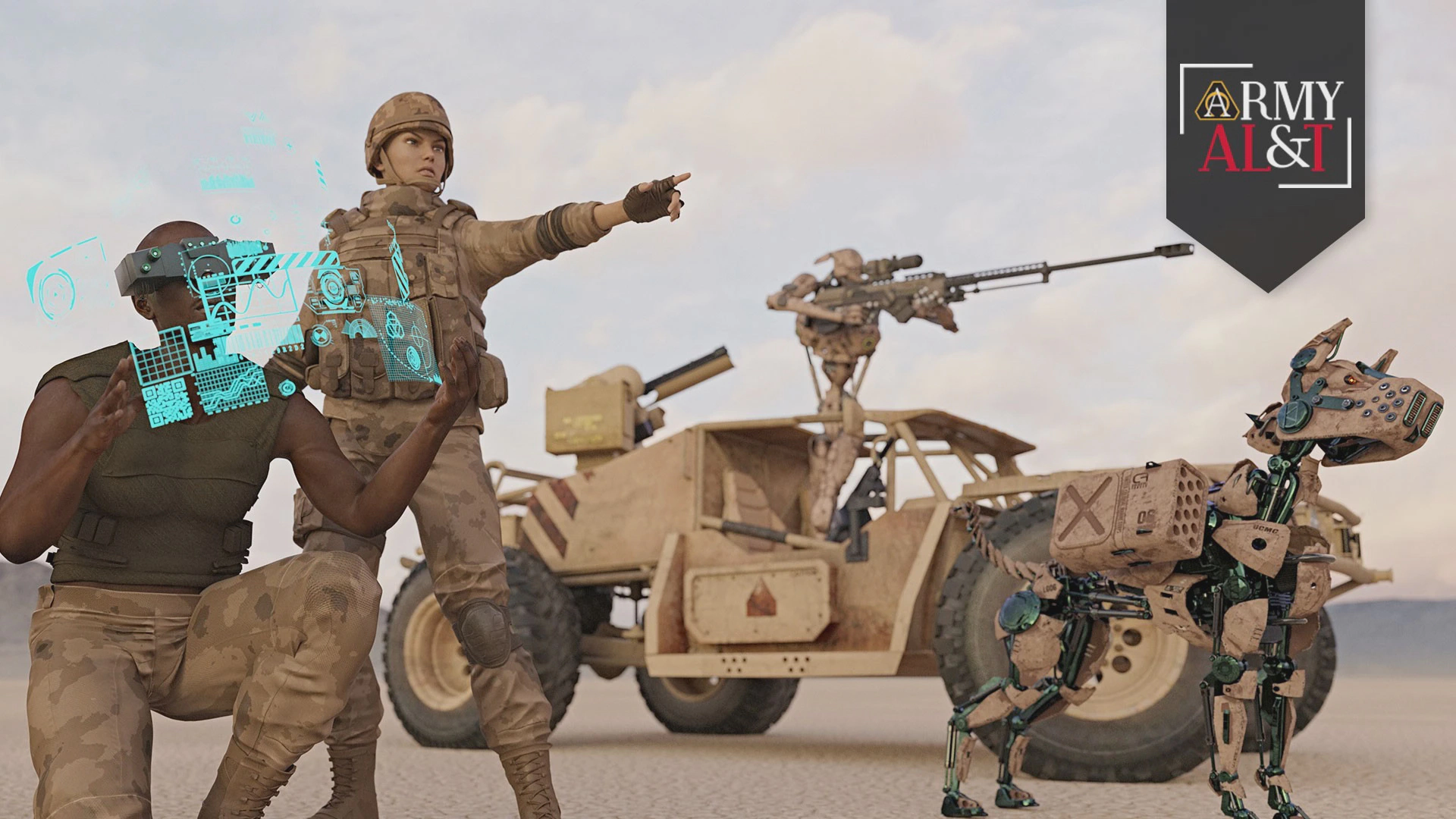
The integration of AI and weapons technology brings with it significant concerns. Imagine a scenario where machines make decisions about who lives and who dies.
Without human intervention, it’s not just about the capability to inflict harm. It’s the lack of discernment between combatants and innocent civilians. This technology, if misused or obtained by hostile entities, could result in catastrophic consequences where conflicts become even more deadly and unpredictable.
The potential for widespread devastation is alarming, as automated systems could fasten the scale of casualties beyond what we’ve ever seen. The urgency to regulate and govern the development and deployment of AI in weaponry is paramount, as the stakes involve not just military superiority, but the protection of human lives on a global scale.
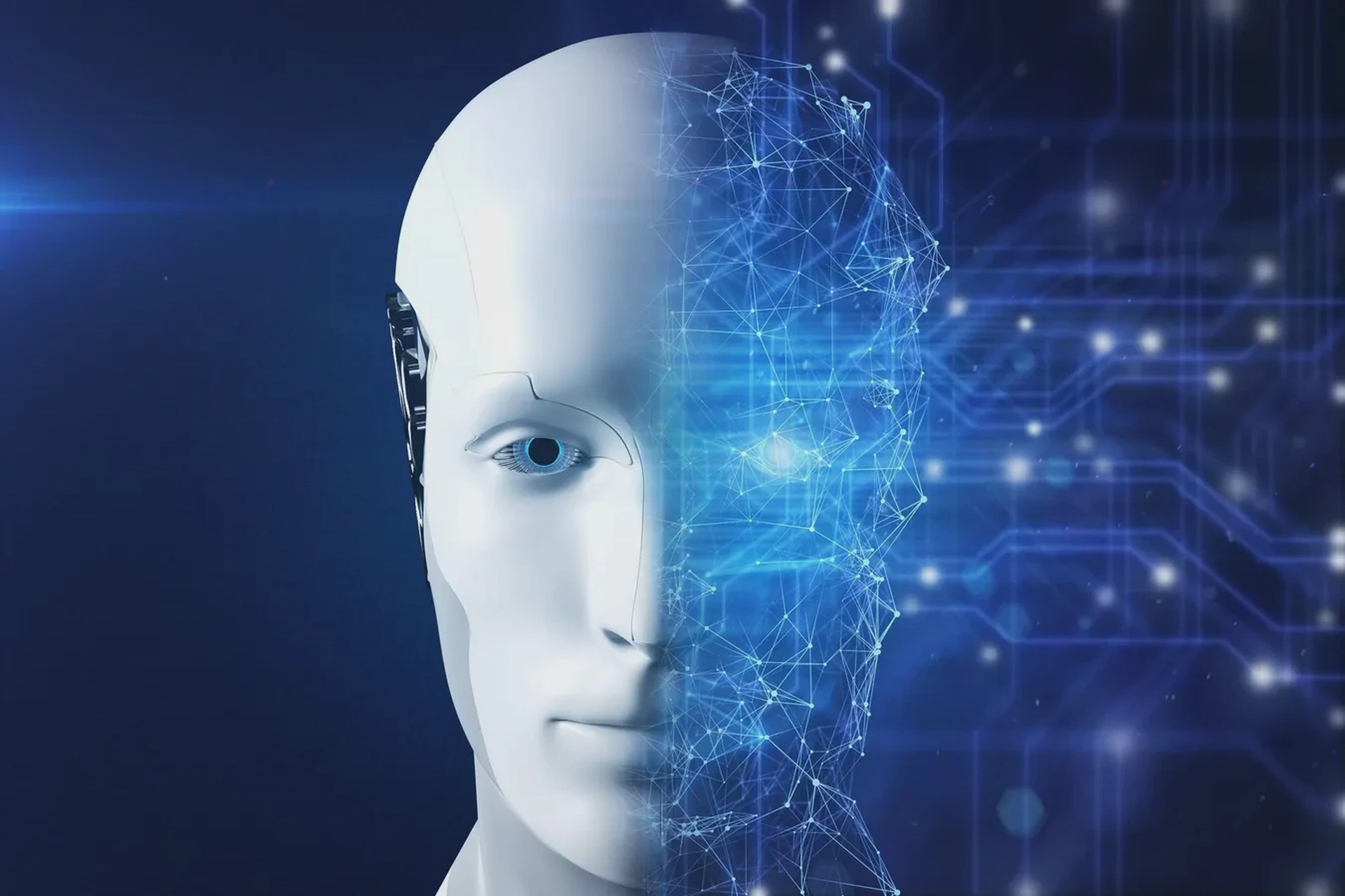
Instead of rigid exchanges, AI systems will converse with us effortlessly, adapting to complexities in language, tone, and context. Think about chatting with a friend who understands you on a deeper level, anticipating your needs and responding with empathy and understanding. This evolution will be driven by advances in natural language processing and machine learning algorithms, allowing AI to decipher the complexities of human speech with remarkable accuracy.
Just like how we learn from experience, these AI systems will continuously refine their understanding through interactions, becoming more adept at grasping the subtleties of human conversation. Moreover, as AI becomes more integrated into our daily lives, from virtual assistants to customer service bots, the demand for human like interactions will only grow. People want to feel heard and understood, whether they’re seeking assistance or simply engaging in casual conversation.
As a result, developers will prioritize creating AI systems that not only provide accurate information, but also connect with users on a personal level.
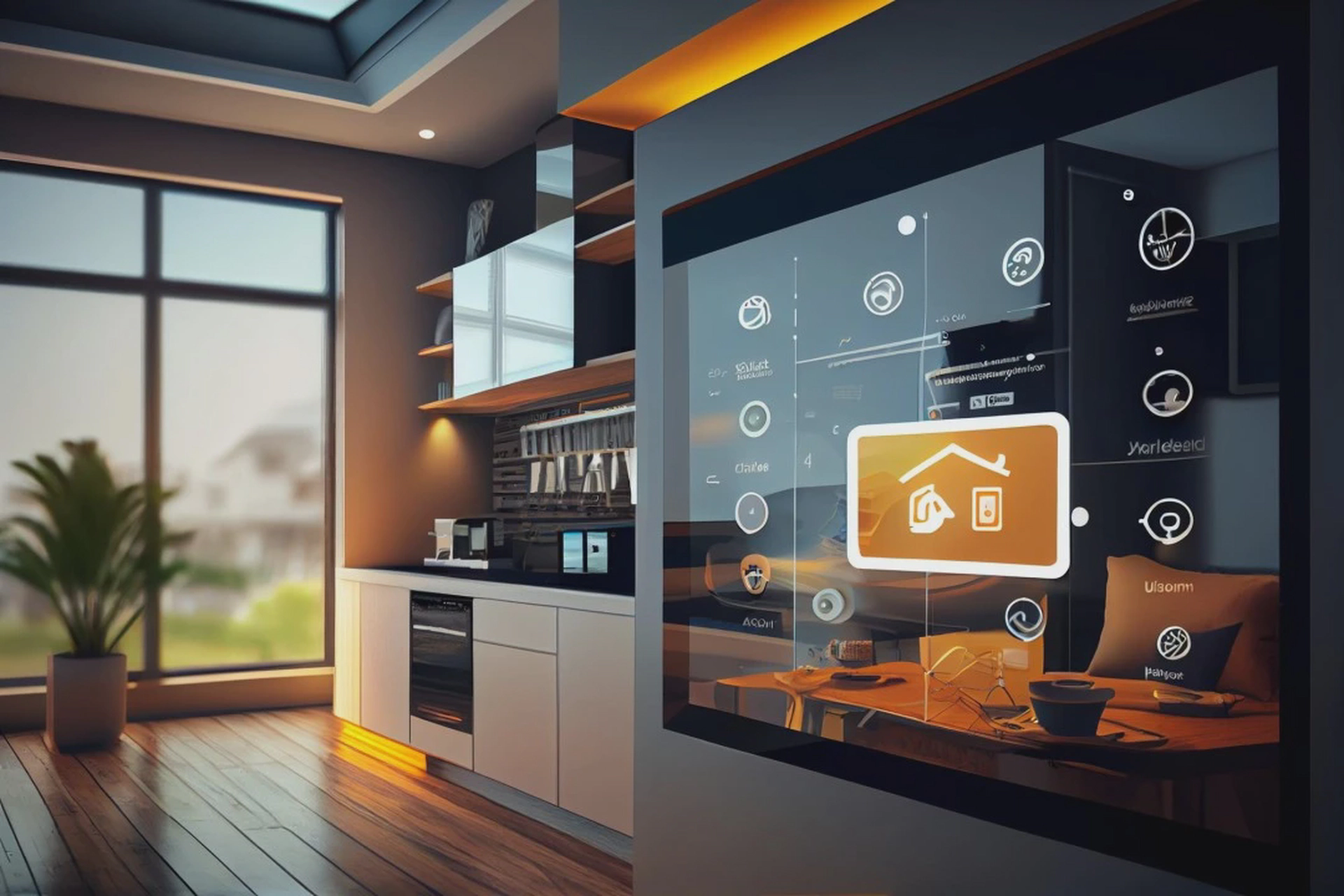
Ten years from now, humans will experience waking up to a home that knows their routine before they even step out of bed.
Their lights gently brighten, their coffee brews, and their favorite morning playlist starts playing, all without you lifting a finger. This is the promise of fully automated smart homes, where every aspect of daily living is seamlessly integrated and controlled through interconnected devices. Think about the convenience and efficiency such automation could bring.
No more fumbling for light switches or worrying about forgetting to lock the door on your way out. Smart sensors will detect your presence and adjust the environment accordingly, whether it’s adjusting the temperature to your preferred setting or ensuring that your security system is armed when you leave. But it goes beyond convenience.
It’s also about safety and energy efficiency. Smart homes will be equipped with advanced monitoring systems that can detect potential hazards like gas leaks or water leaks, alerting you immediately, and even taking corrective actions autonomously. Moreover, energy consumption will be optimized through smart algorithms that regulate heating, cooling, and lighting based on occupancy patterns and external conditions, ultimately reducing utility bills and environmental impact.
While there may be little challenges and concerns to address, the potential benefits from convenience to safety to sustainability are too compelling to ignore.
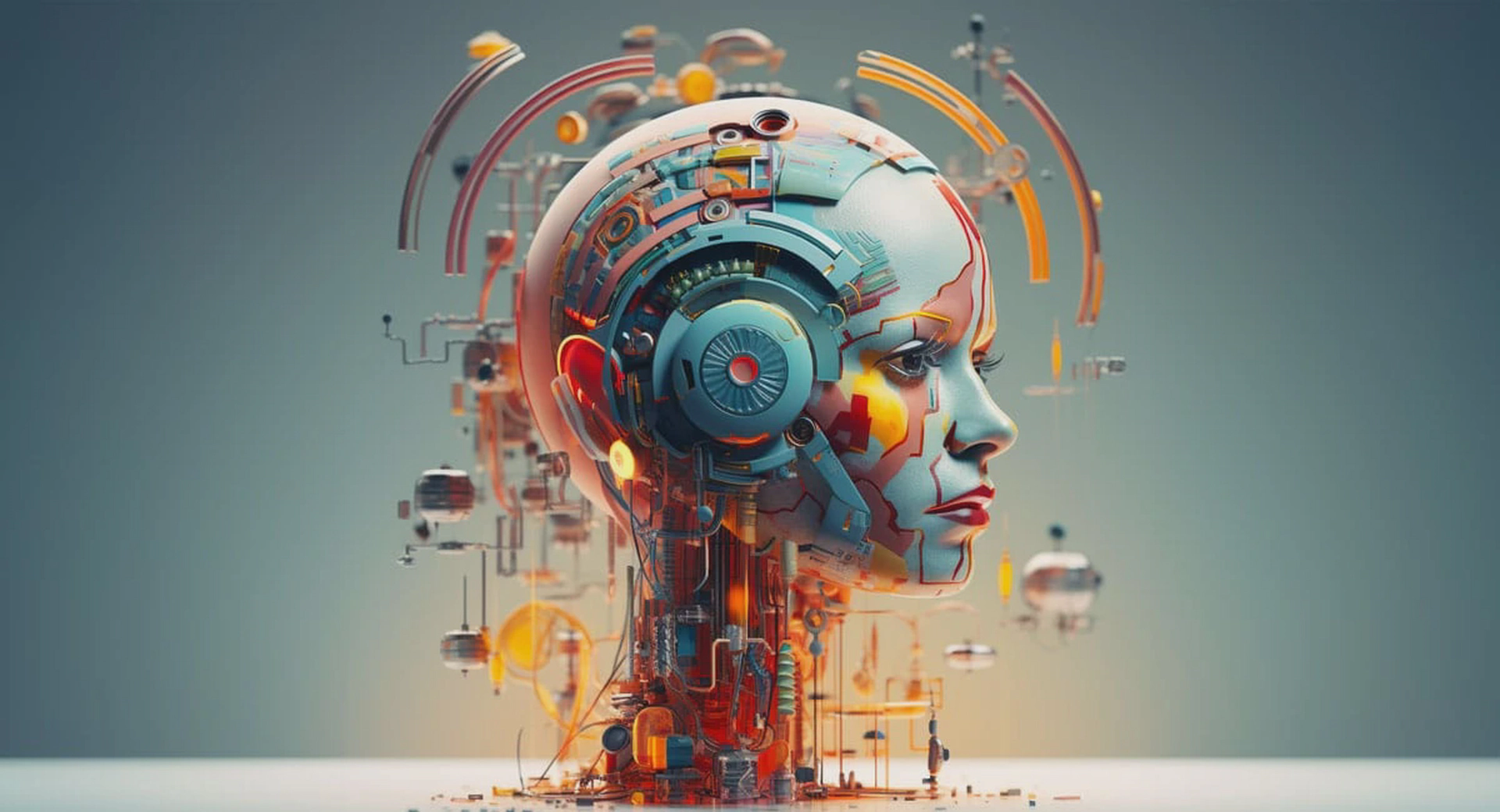
Advanced AI agents will become common in the next ten years.
These are smart computer programs that can do lots of things without needing much help from humans. They might help us with tasks like managing schedules, answering questions, or even making decisions. These agents will get better at understanding what we want and finding the best ways to help us.
Advanced AI agents will be everywhere, from our phones to our homes. They will be like helpful friends that are always ready to lend a hand. For example, they could remind us of important events, suggest what to cook for dinner based on what we have in the fridge, or help us find the fastest route to work.
These agents will learn from us and from their own experiences, getting smarter over time. But don’t worry, they won’t take over the world or anything like that. They are just tools to make our lives easier and more efficient.
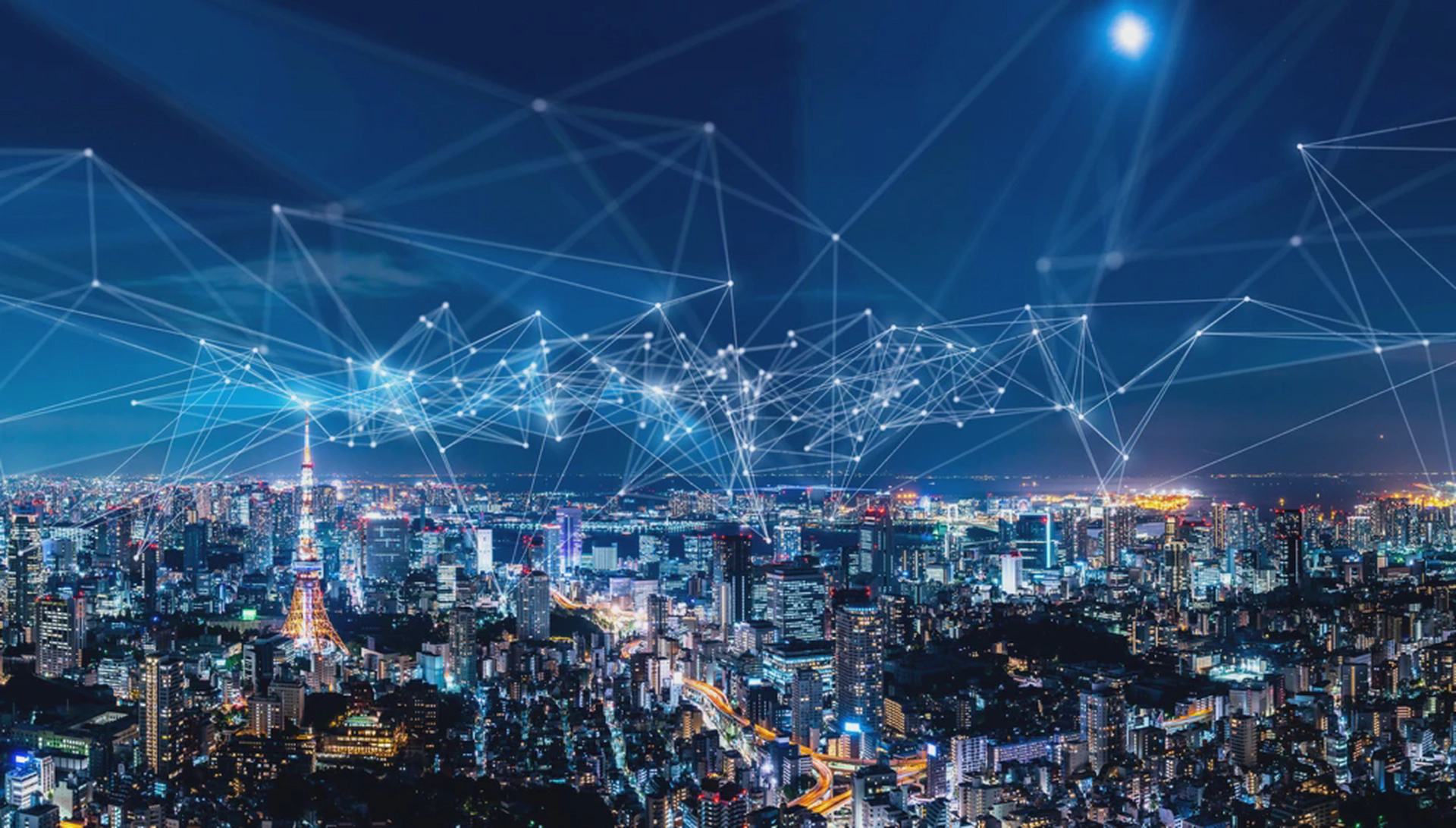
These are cities where artificial intelligence AI helps manage things like traffic, energy usage, and public services to make life better for people. One cool example is the line a futuristic city being planned in Saudi Arabia.
It’s designed to be super smart, with AI controlling almost everything. In smart AI cities, AI will help with lots of everyday tasks. For instance, it can monitor traffic and adjust signals to keep cars moving smoothly.
It can also analyze data to predict when public services like garbage collection or repairs are needed, making everything more efficient. Plus, AI can help save energy by controlling things like lighting and heating based on real time needs. These cities aim to be more sustainable and convenient for residents.
They use technology to make life easier and better for everyone. Number ten quantum enhanced AI. Ten years from now, AI is expected to get even smarter, and a big part of that will be thanks to something called quantum enhanced AI. It’s like giving AI a superboost. Quantum computers, which are super powerful, will help AI do things much faster and solve problems that are too tough for regular computers.
Imagine AI being able to understand and process huge amounts of information in a blink. That’s what quantum enhanced AI will do. It will help in things like finding new medicines faster, predicting weather accurately, and even making our smartphones way smarter. But there’s a catch.
Right now, quantum computers are still in the early stages, like babies learning to walk. They’re not ready for everyday use yet, but in the next decade, experts believe they’ll grow up enough to help AI in a big way.

Every year, there are new technologies that make a difference in the world. 2024 is turning out to be amazing …

Ten B2B SaaS examples that I'm sure you're going to get some amazing inspiration from. For each of these …

Top 13 Micro SaaS Ideas - Profitable Examples for 2024. That's going to give you some really good inspiration …